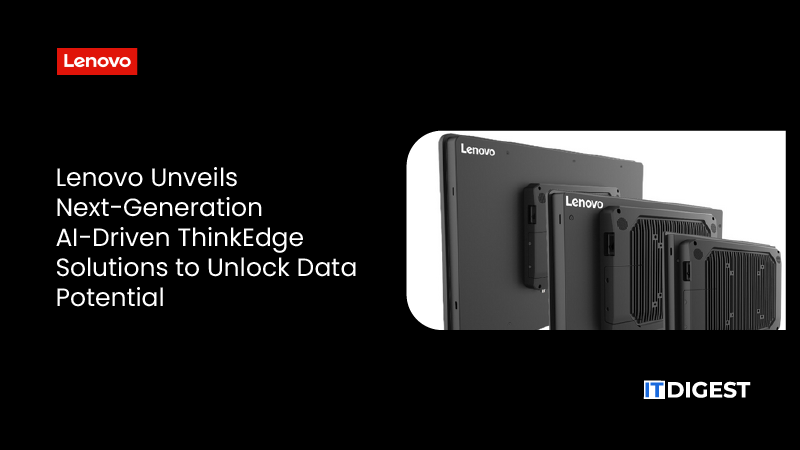Aetion, the global leader in real-world evidence (RWE) technology and analytics, announced the launch of the Coalition for the Advancement of RWE through Randomized Controlled Trial Emulation (CARE) Initiative. The first phase of the Initiative will focus on oncology and involves a group of diverse partners including AbbVie, Amgen, AstraZeneca, Bayer, Baylor College of Medicine, Brigham and Women’s Hospital and Harvard Medical School, ConcertAI, Duke-Margolis Center for Health Policy, Friends of Cancer Research, Gilead, Loopback Analytics, Pfizer, Reagan-Udall Foundation, Tempus, TriNetX, and xCures.
The Aetion CARE Initiative will focus on better understanding the types of regulatory questions that can be answered using RWE and randomized controlled trials (RCTs), as well as when and why RWE and RCTs might yield the same or different results. The team will conduct multiple trial emulations in various data sources, beginning with a one-year focus on oncology. Using the Aetion Evidence Platform®, the Initiative will help identify when and how RWE can support the goals of advancing efficient access to medication and improving patient care.
“If we learned anything from the COVID-19 global pandemic, it’s that no one organization or industry should go it alone when it comes to expediting care and treatment options for people in need and to improve public health at a global level,” said Lauren Becnel, Vice President of Real-World Evidence at Pfizer. “Thanks to Aetion’s leadership, participants in the CARE Initiative will work together to drive real, tangible change in how RWE can be leveraged in the oncology space and beyond.”
“Data quality, accessibility, and analytical tools are progressing at a rapid pace,” said Carolyn Magill, Chief Executive Officer at Aetion. “We and our partners launched the Aetion CARE Initiative to advance global alignment on scientific methodologies to create real-world evidence and aid in its interpretation.”
This initiative can further the insights developed in the RCT-DUPLICATE demonstration project. RCT-DUPLICATE indicated that in certain circumstances, RWE studies can meaningfully supplement RCT evidence or even replace some large-scale randomized safety trials. The RWE studies were particularly successful in emulating trials that themselves examined the real-life scenario of comparing a treatment to an alternative therapy
SOURCE: PR Newswire
































